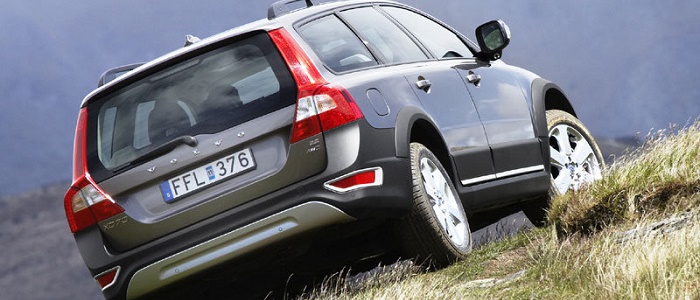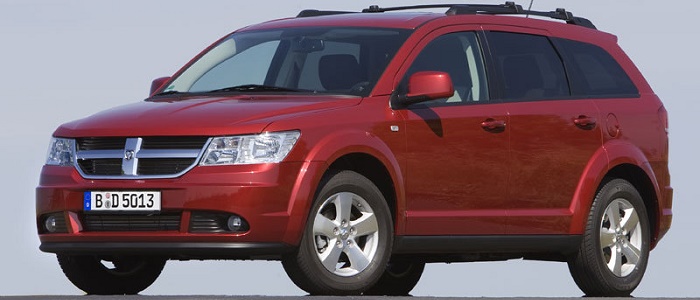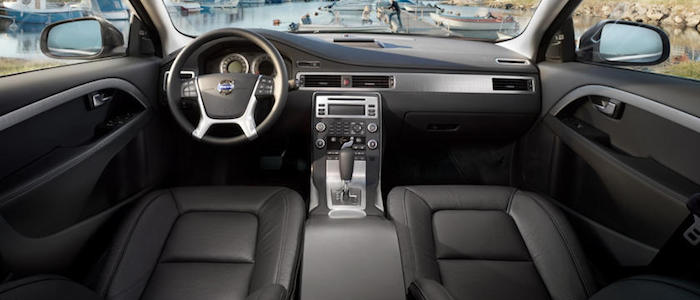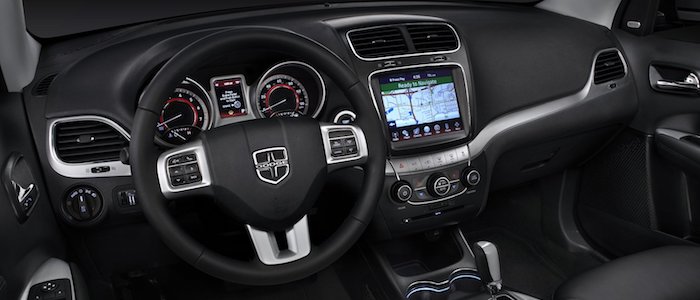Compare two cars
Compare any two cars and get our Virtual Adviser™ opinion
Dimensons & Outlines
Check a car with 30% off a report
Engine
Performance (manual gearbox)
Performance (automatic gearbox)
Expenses
Virtual Adviser's™ opinion
Two significantly similar cars, no doubt about that. Still, each one has something different to offer. Having both cars powered by diesel engines and utilizing the 5-door suv body style within the same 'SUV' segment, the only major difference here really is their wheel drive configuration (4 x 4 for the Volvo and front in the case of the Dodge). The first one has a Volvo-engineered powertrain under the hood, a 5-cylinder, 20-valves 185hp unit, while the other one gets its power and torque from a 4-cylinder, 16-valves 140hp engine designed by Volkswagen.
SafetyUnfortunatelly, neither of the two vehicles was submitted to the European New Car Assessment Programme (Euro NCAP) testing. This makes it virtually impossible for me to pick one over the other and I'm generally against buying such cars as the safety should really always come first. Still, apart from the official crash test results there are other things we need to be aware of. Both vehicles belong to the suv segment, which is generally a very good thing safety-wise, but that fact doesn't break the tie between the two cars. On the other hand, if we'd like to consider vehicle mass in this context too, which we definitely should, the American car offers a marginal difference of 3% more metal.
ReliabilityReliability is not the best thing to consider on the make level, but it is worth mentioning that both brands display similar results in faults and breakdowns, at least on all of the models level. These are the official statistics, while our visitors describe reliability of Volvo with an average rating of 3.2, and models under the Dodge badge with 3.4 out of 5. The same official information place XC70 as average reliability-wise, and Journey is more or less at the same level.Above it all, drivers of cars with the same engine as the Swedish car rank it on average as 4.8, while the one under the competitor's bonnet gets 4.3 out of 5.
Performance & Fuel economyVolvo is undoubtly more agile, reaching 100km/h in 2.3 seconds less than its competitor. In addition to that it accelerates all the way to 210 kilometers per hour, 22km/h more than the other car. When it comes to fuel economy the winner has to be the American car, averaging around 6.5 liters of fuel per 100 kilometers (43 mpg), in combined cycle. We can't ignore that 15% difference compared to the Swedish car.
Verdict
Volvo appears just a bit more reliable, although the difference is truly marginal. The most important thing when deciding between any two vehicles should always be safety, both passive and active. In my opinion, everything taken into account, the American car offers slightly better overall protection and takes the lead. From there things take a different direction, with Volvo outracing its opponent in any situation possible, making it better choice for boy racers. It does come at a cost though, and that's the fuel consumption... At the end, as much as I'd like to give you a winner here, it's simply a pure tie if you ask me. In any case that's my personal view, built upon all the data available to me. What should decide here though is the way you feel about the two vehicles, and I hope you'll find my guidelines useful in the process. Also, you could use the oportunity to find out which car, everything taken into account, would be the perfect choice for you in the eyes of the virtual adviser™, among more than 12.000 different ones in our database.

































